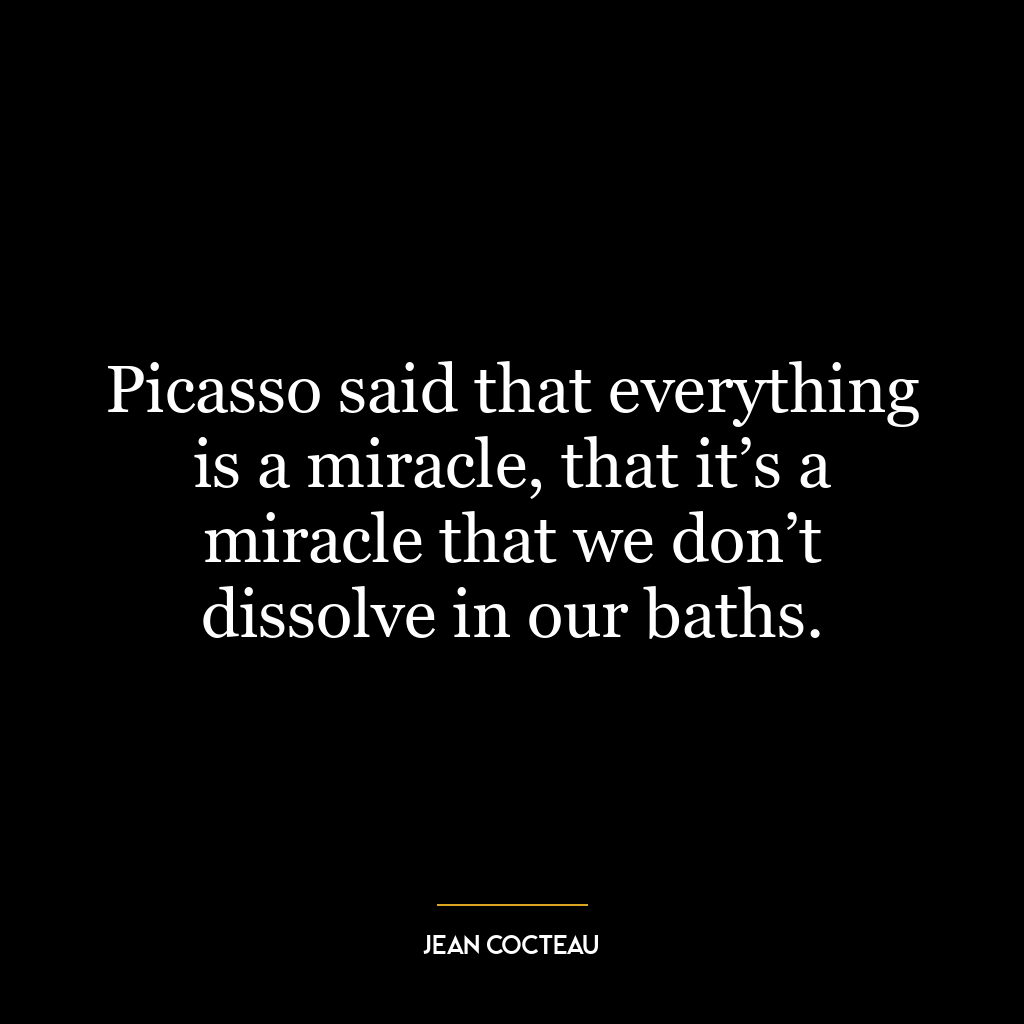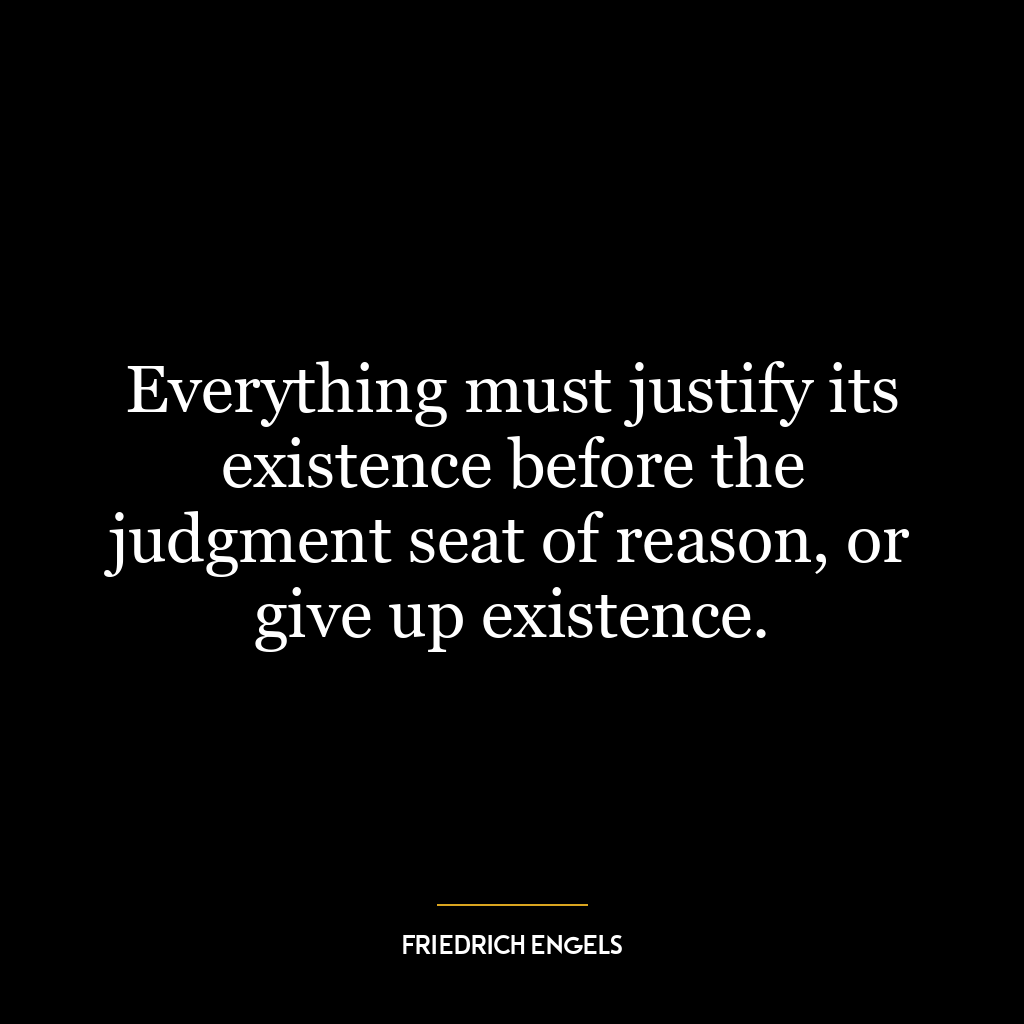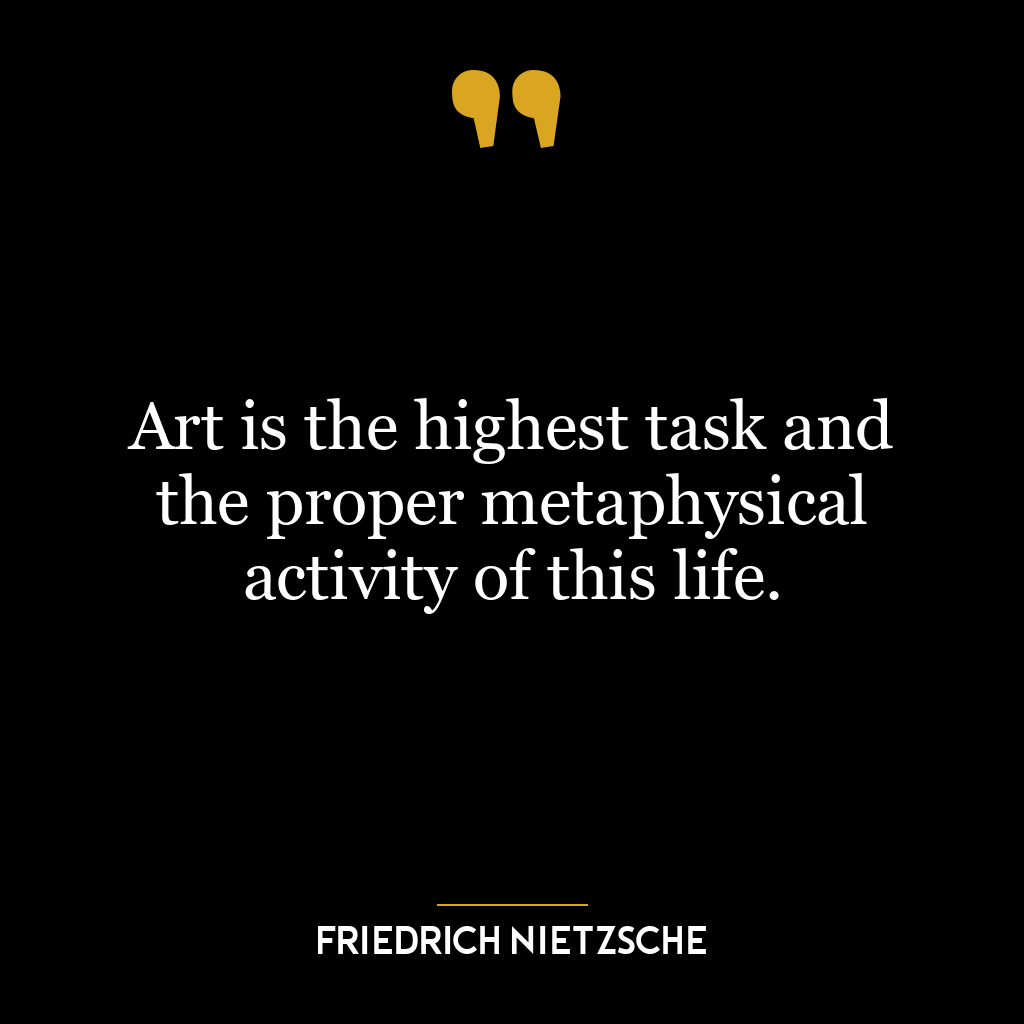This quote delves into the concept of the ‘Self’ often discussed in philosophical and spiritual contexts. ‘Self’ here refers to the fundamental essence or consciousness that is believed to be the true nature of an individual, beyond their physical body and mental perceptions.
When Lenz says, “There is nothing that is not the Self,” he is suggesting that everything in the universe, every person, every object, every thought and experience, is a manifestation of this ‘Self’. This implies that the separation we feel from the rest of the world is an illusion. This is a concept often found in non-dual philosophies, which posit that there is no fundamental division between the self and the universe.
“The Self does not have to be realized,” suggests that this fundamental essence or consciousness does not need to be achieved or attained, because it is already our inherent nature. We are already the ‘Self’, we just need to recognize this fact.
In today’s world, this idea could be applied in numerous ways. For instance, in personal development, it might mean shifting our focus from trying to attain something external (wealth, status, approval) to recognizing and nurturing our inherent worth. It could also mean cultivating compassion and understanding for others, because if there is no separation between us and the rest of the universe, then what we do to others, we do to ourselves.
In the broader societal context, this idea could challenge the rampant individualism and competition that characterizes much of modern society. If we truly recognized that there is no fundamental separation between us and others, it could motivate us to work together for the common good, rather than focusing solely on our own individual gain.










